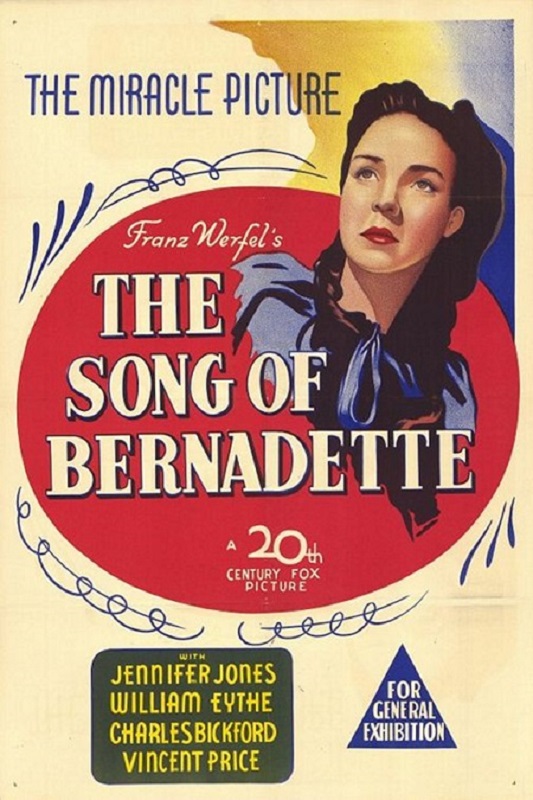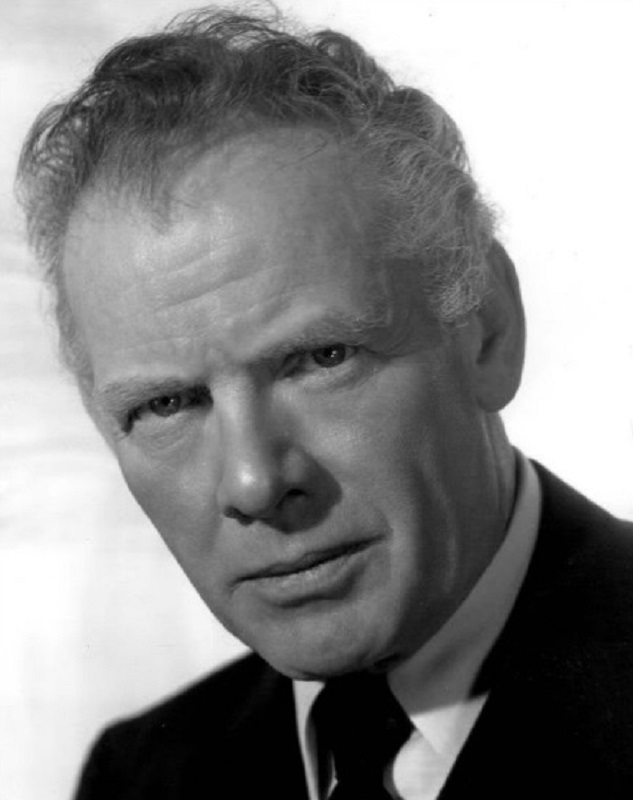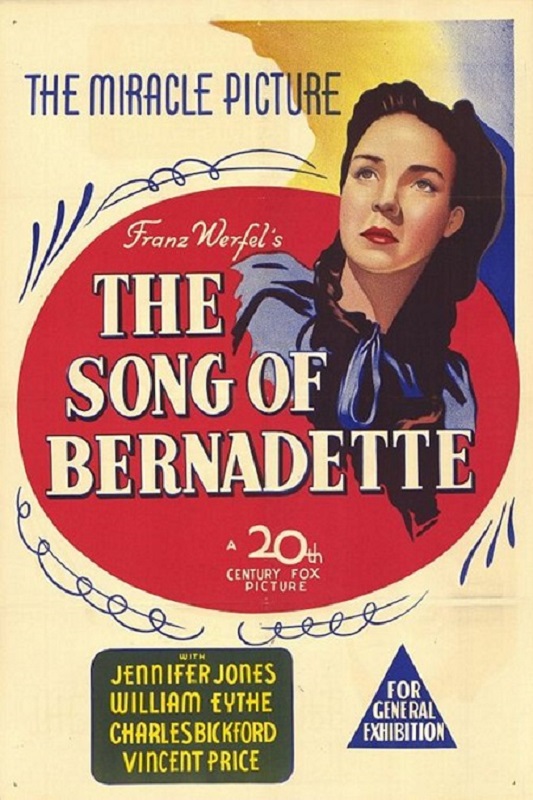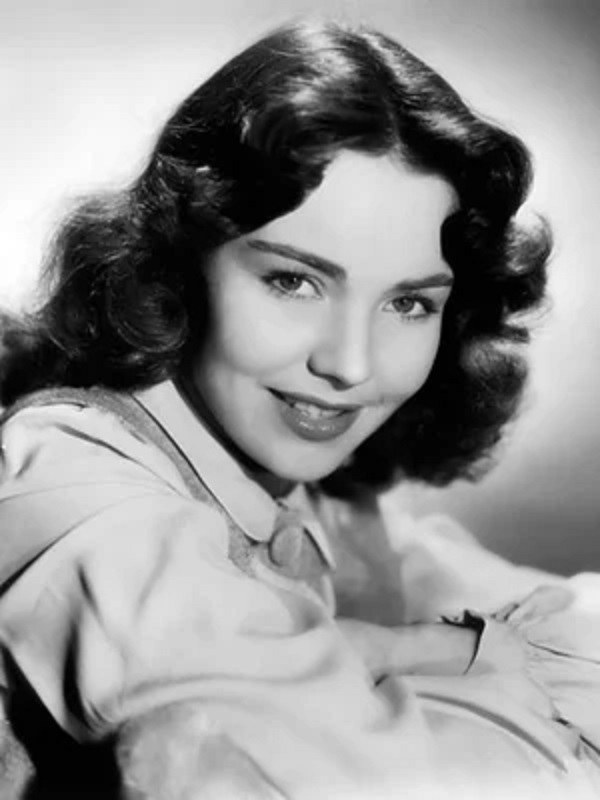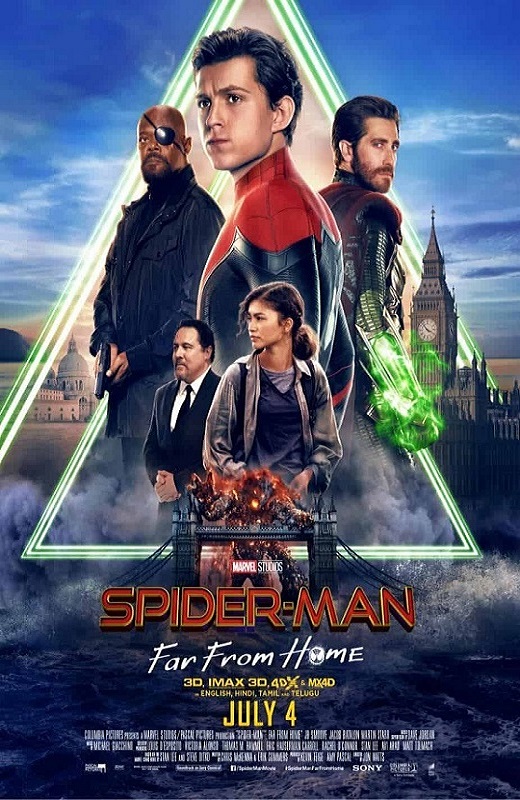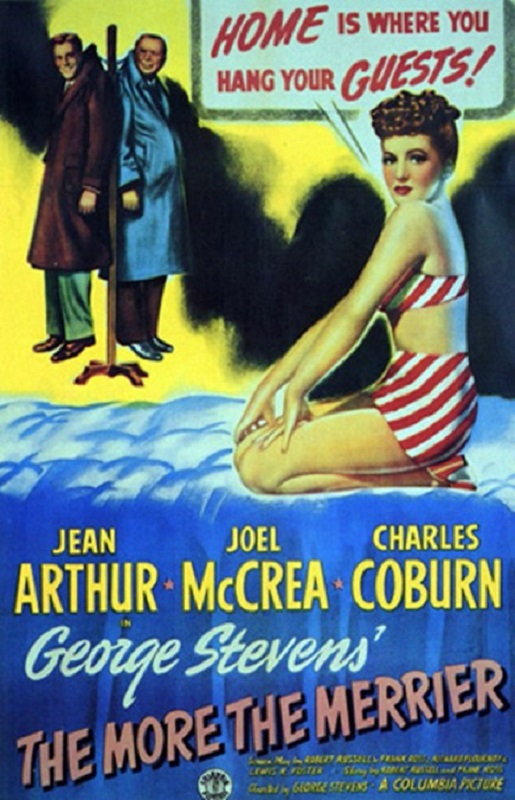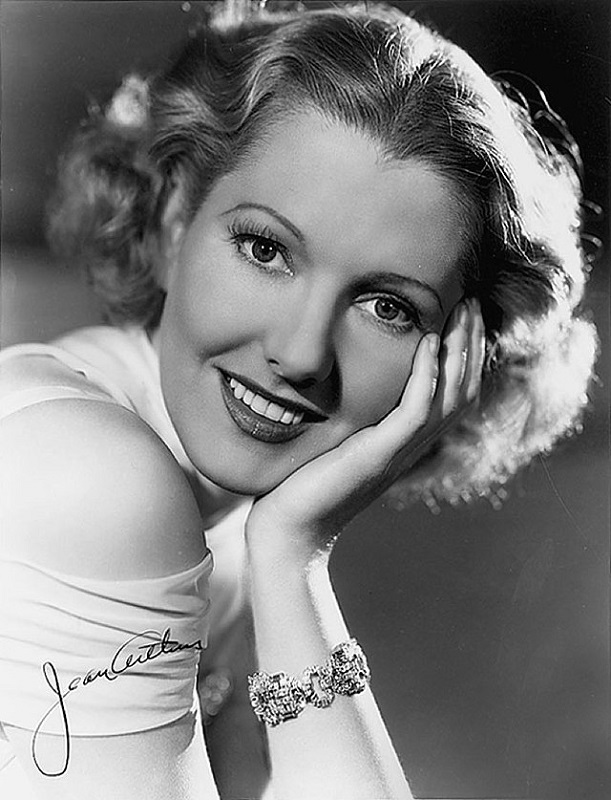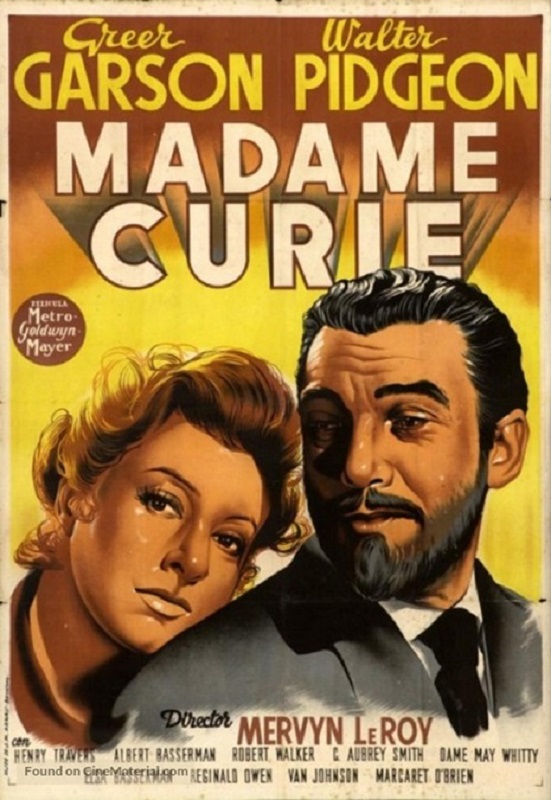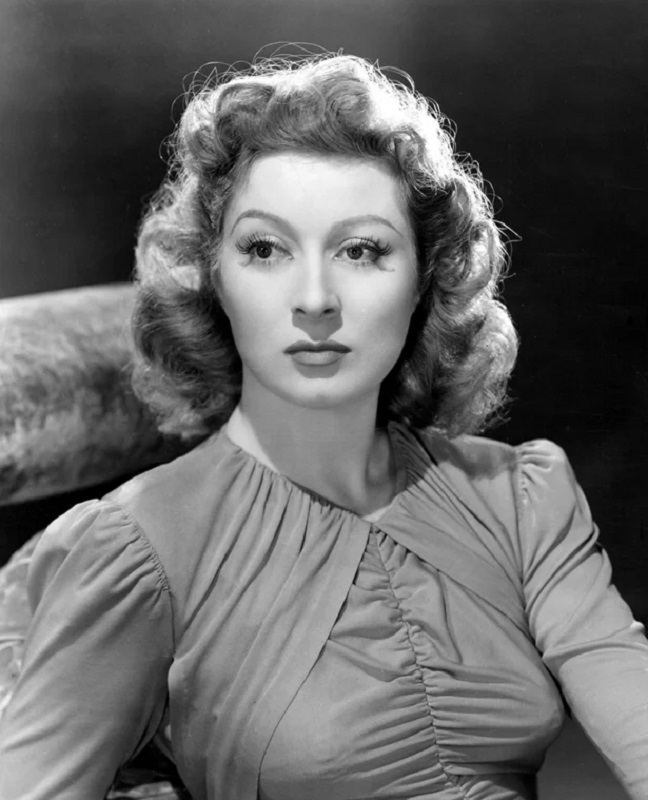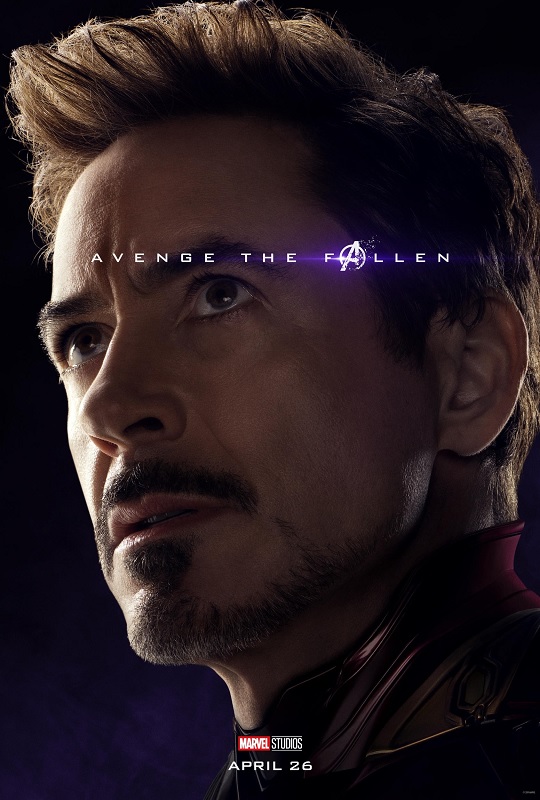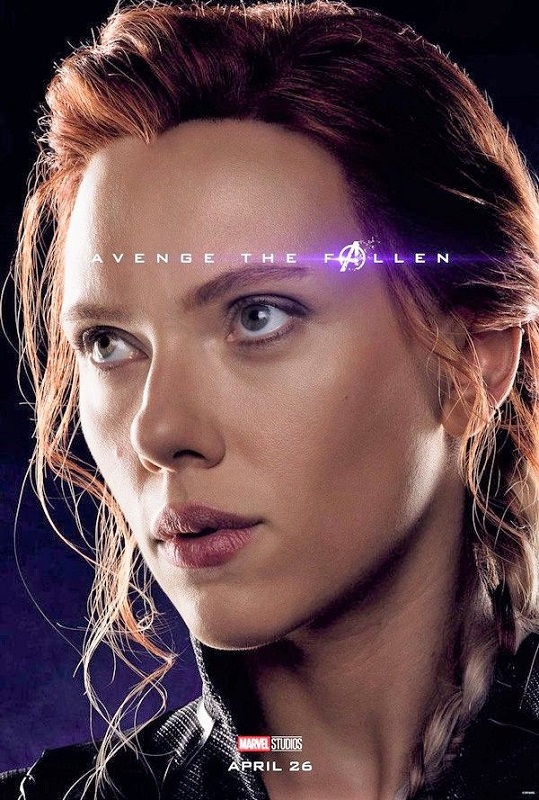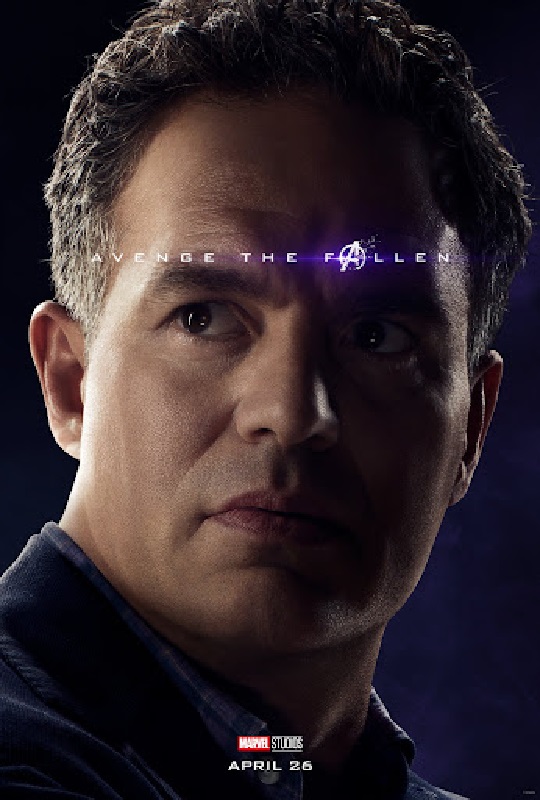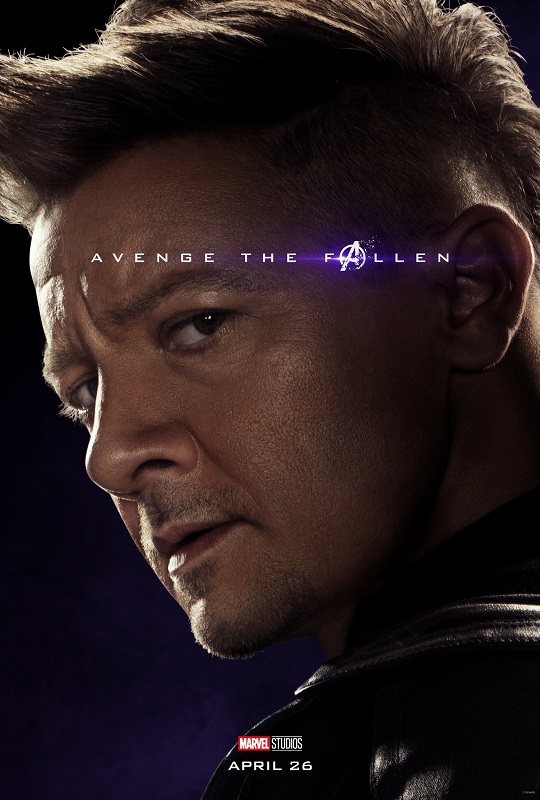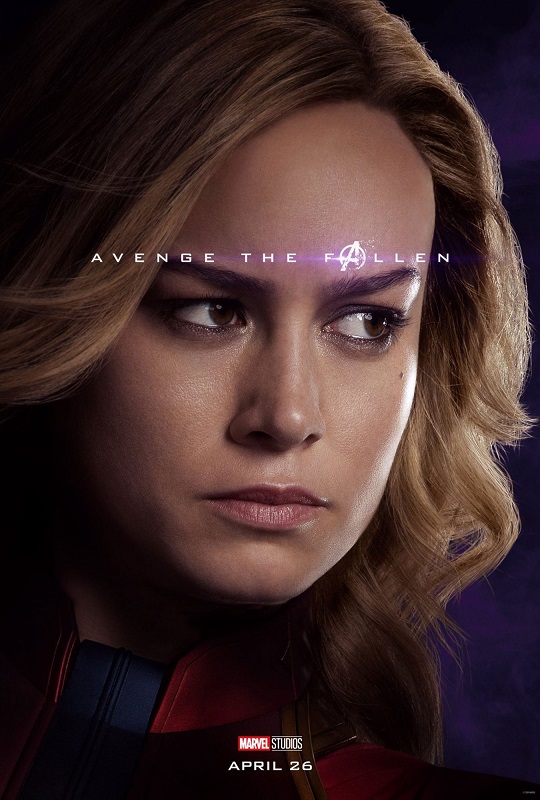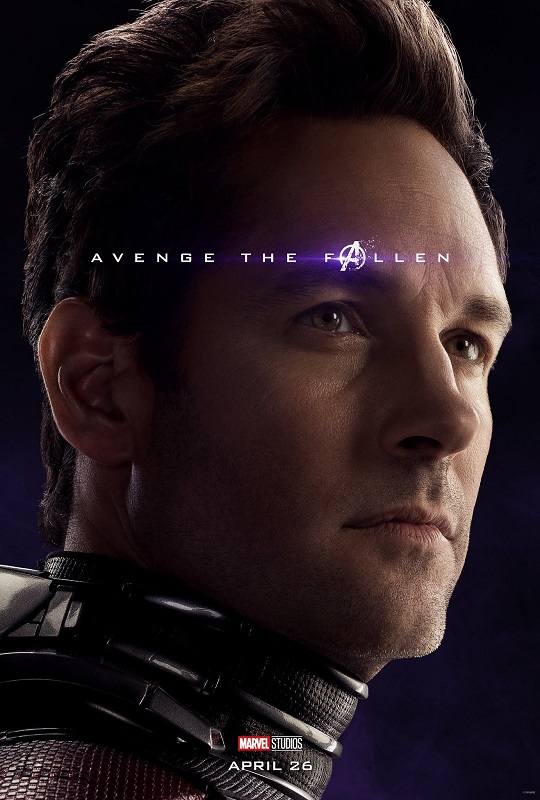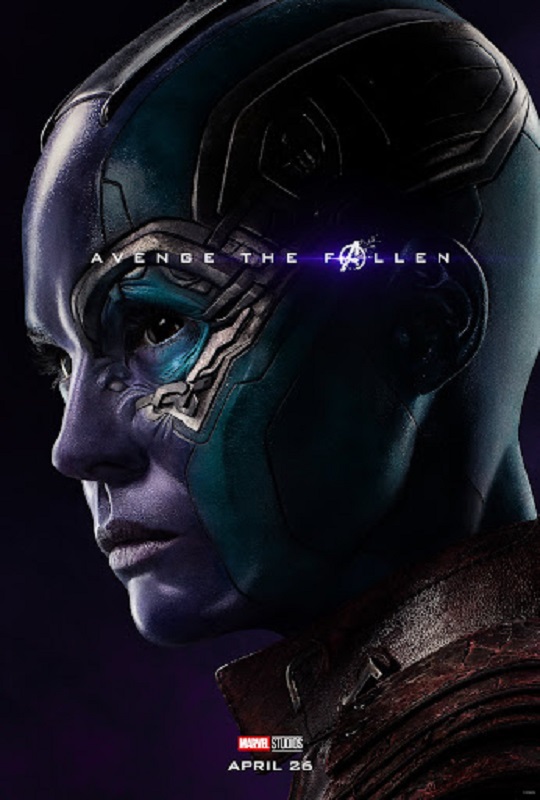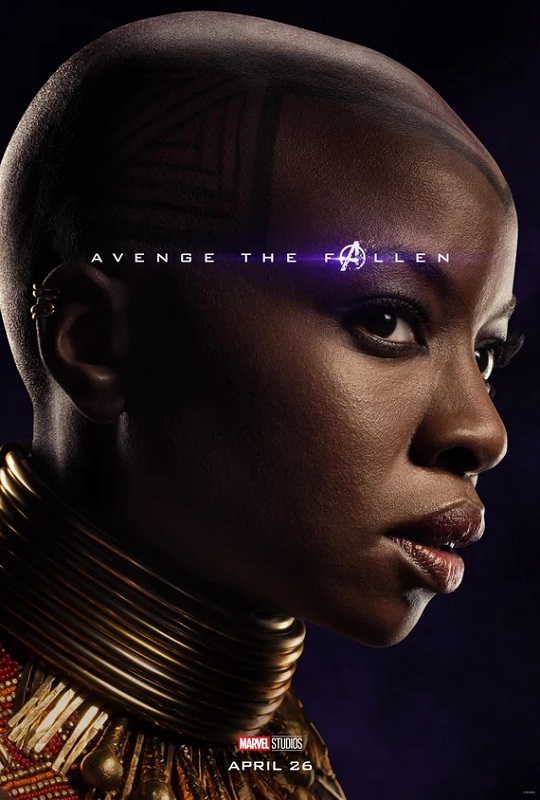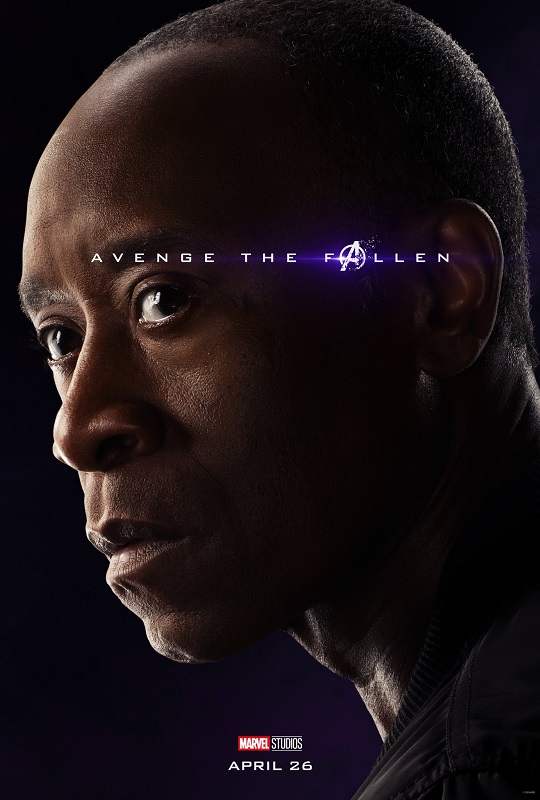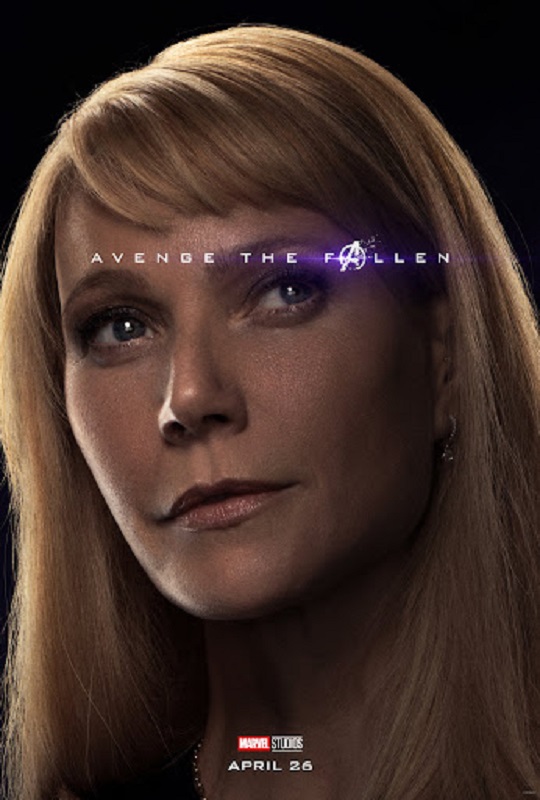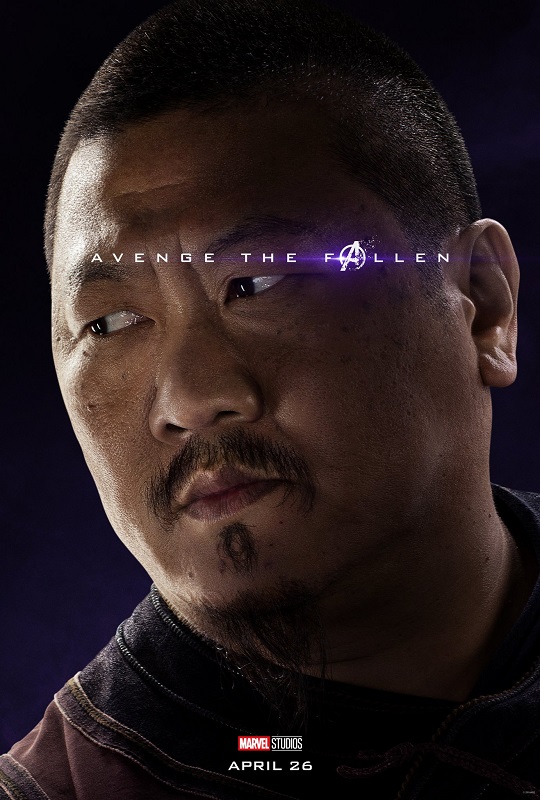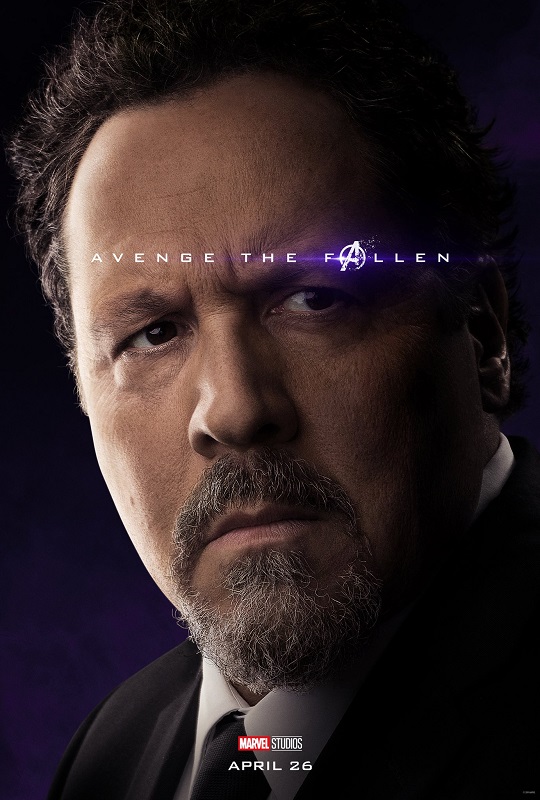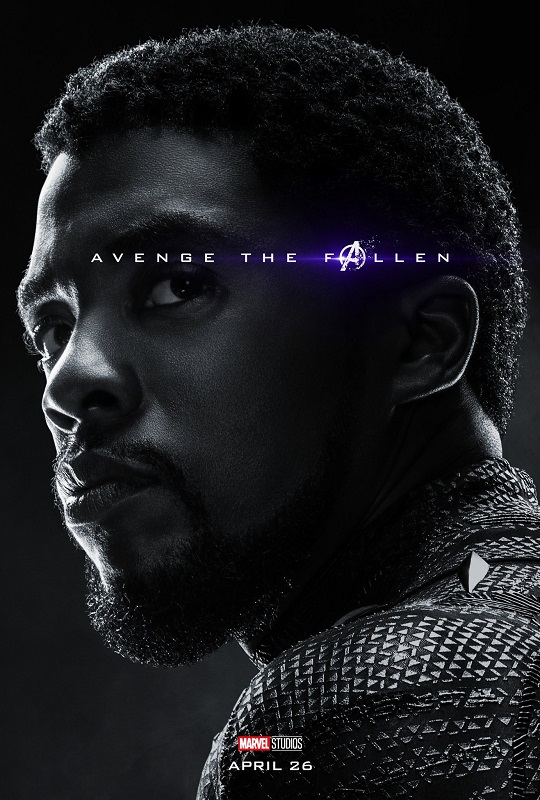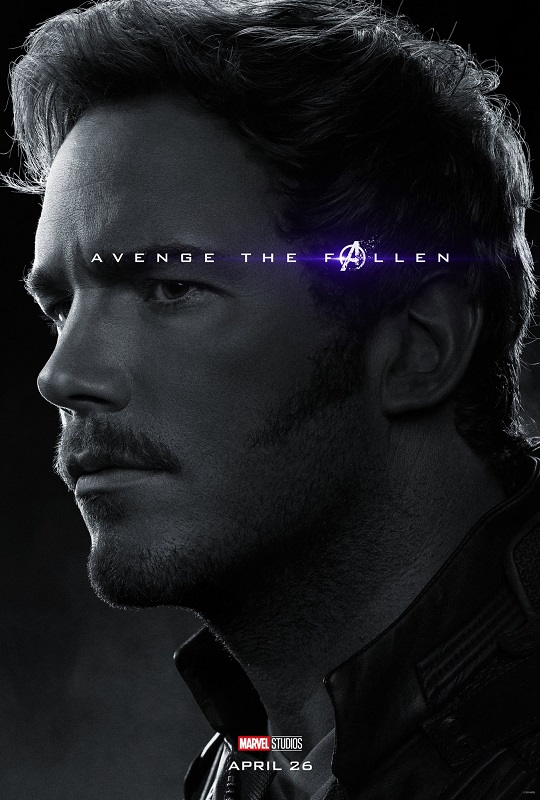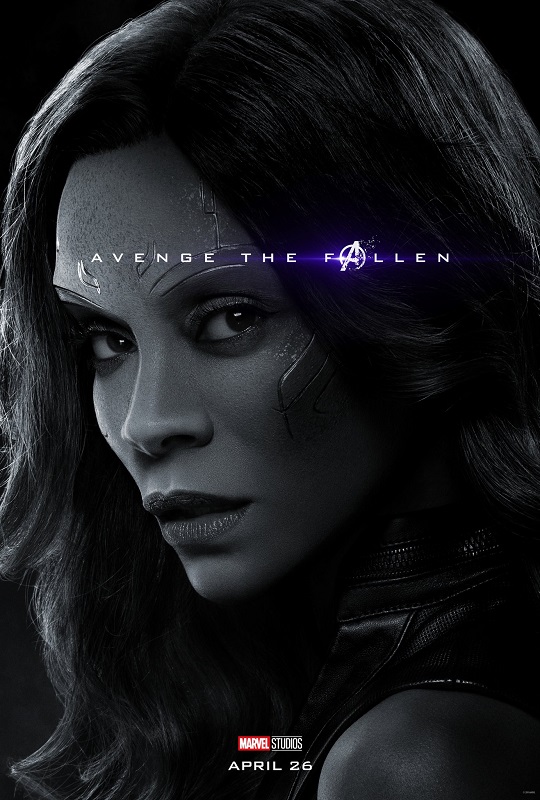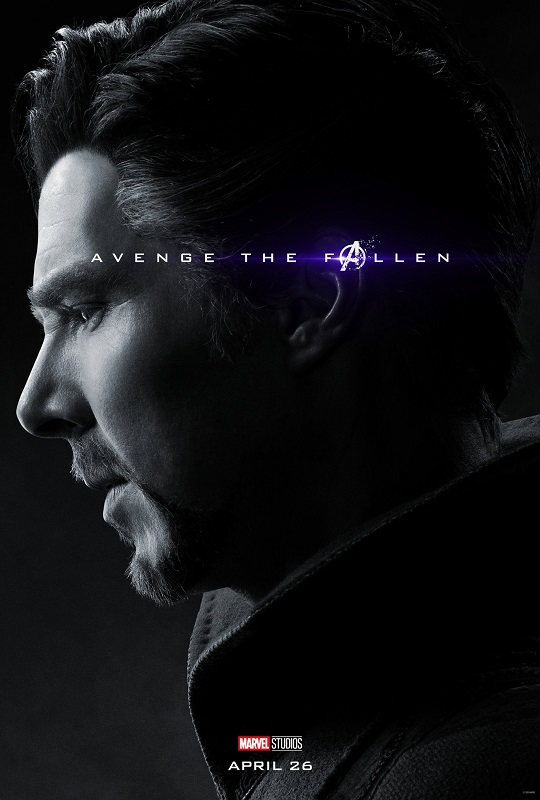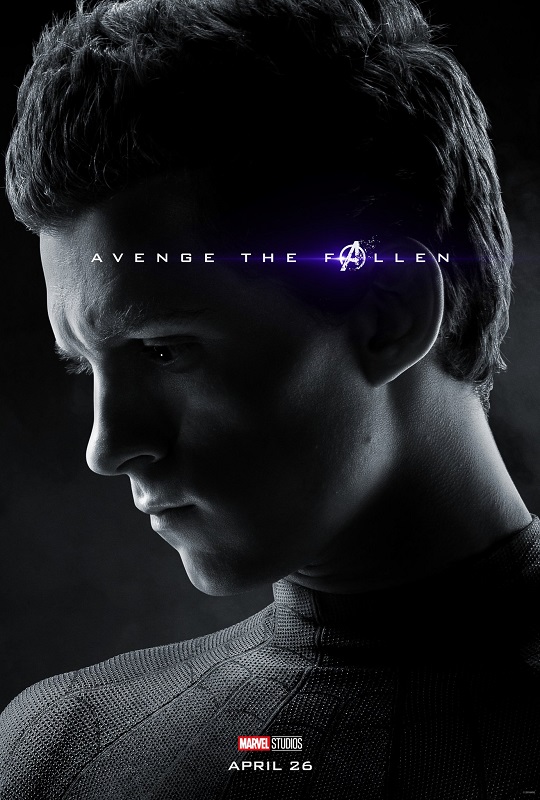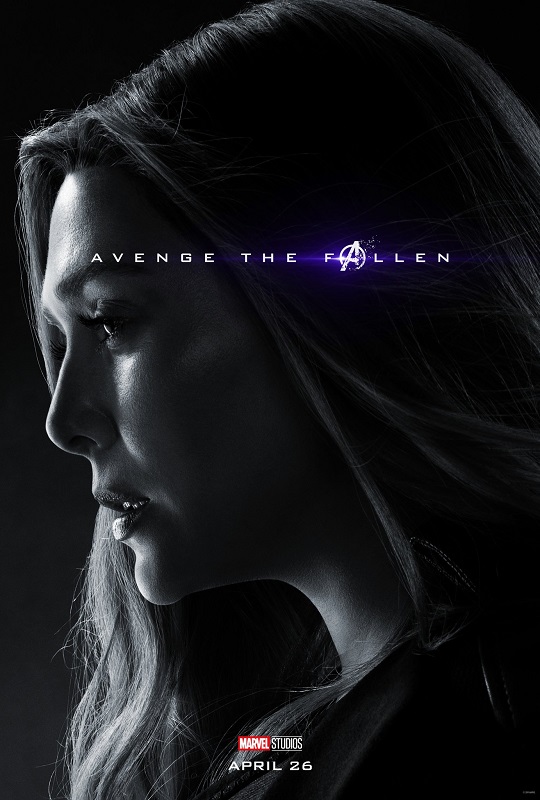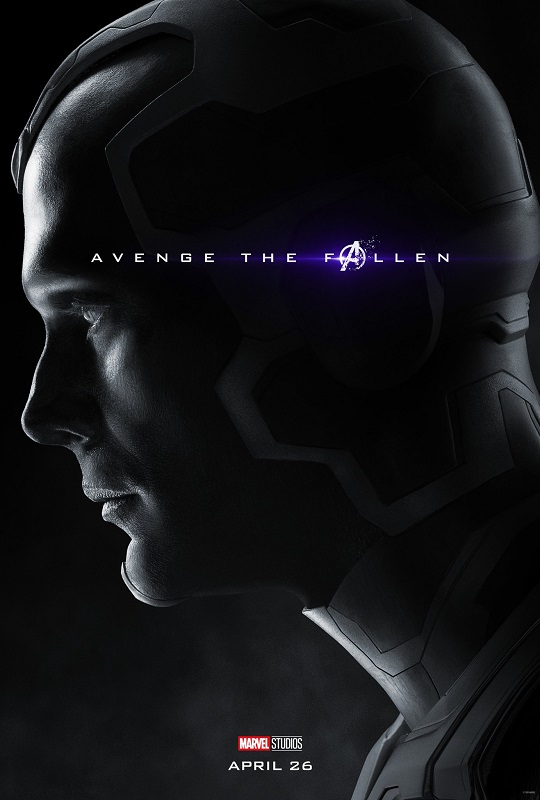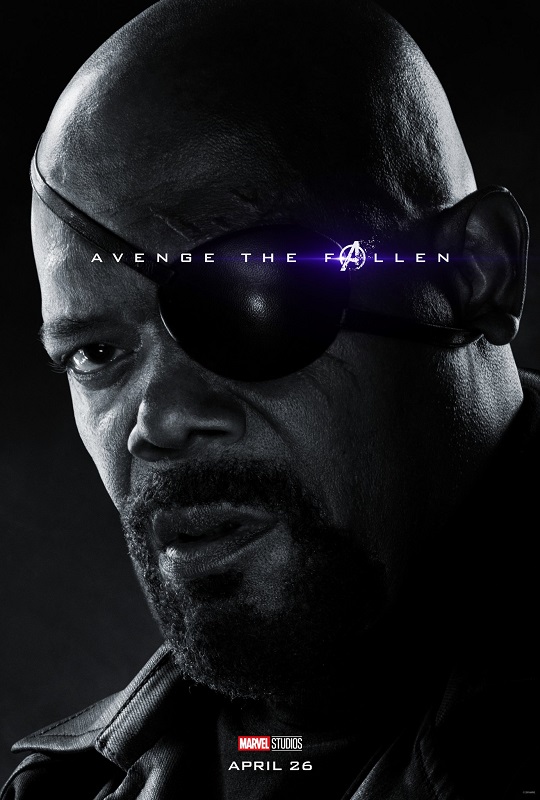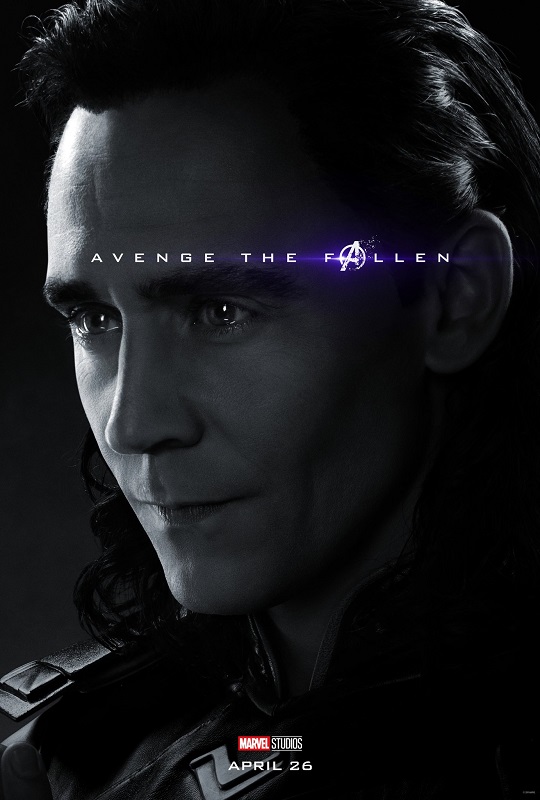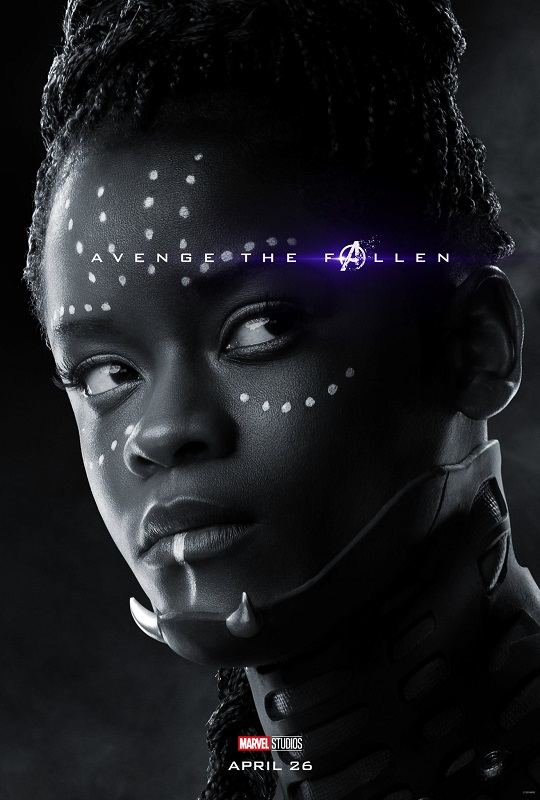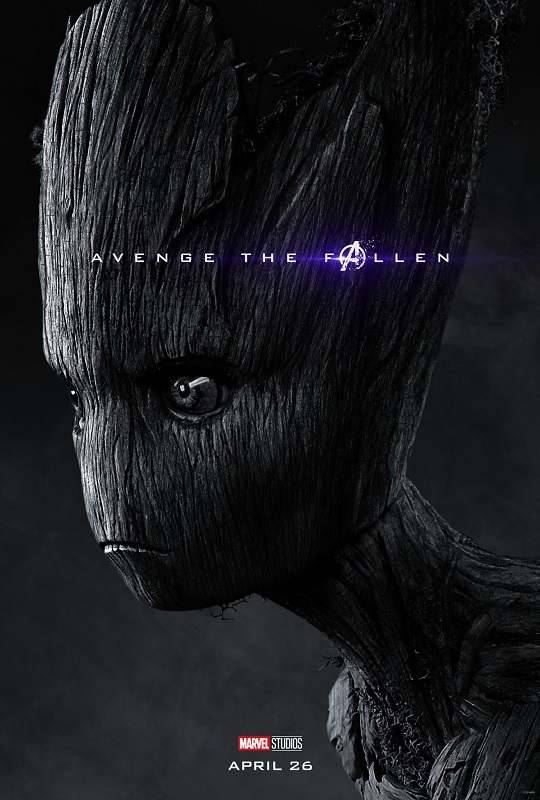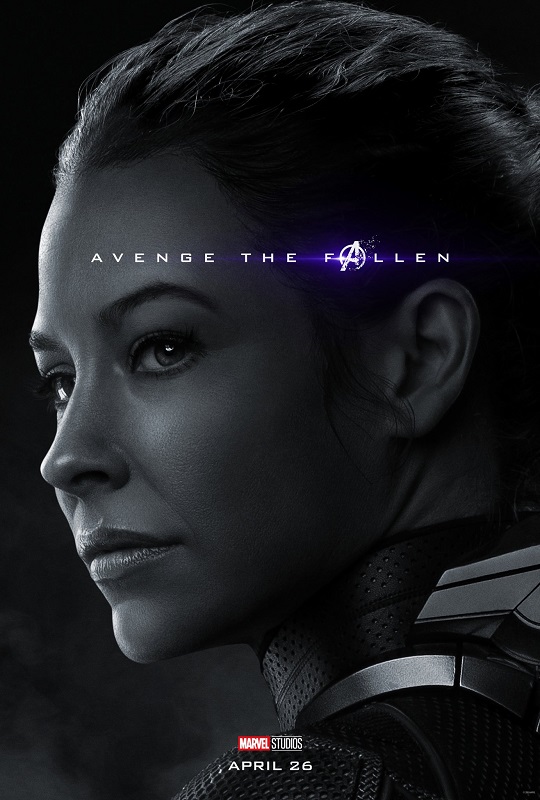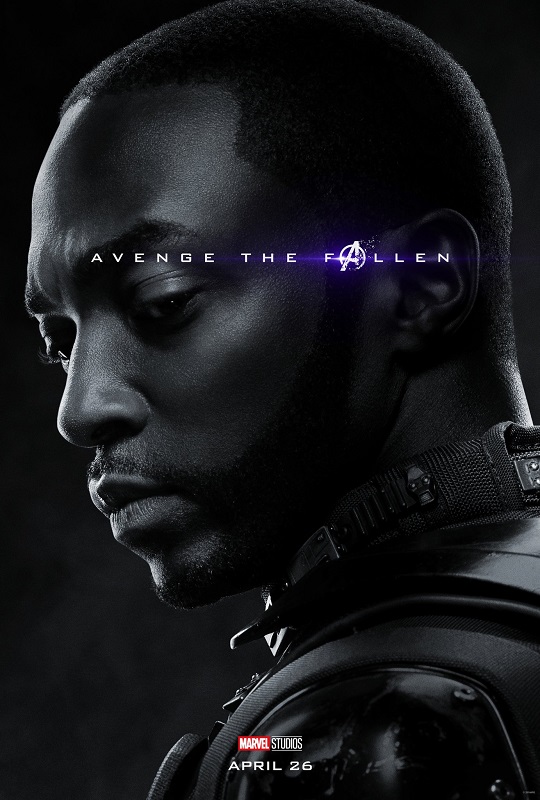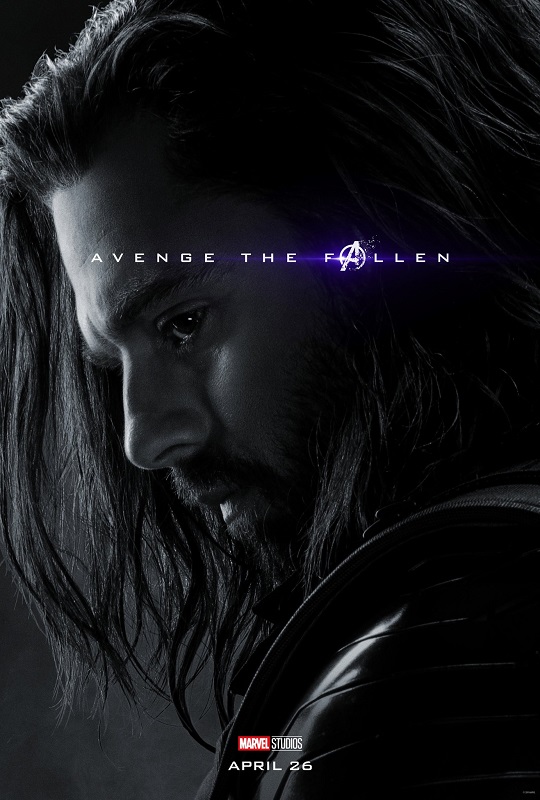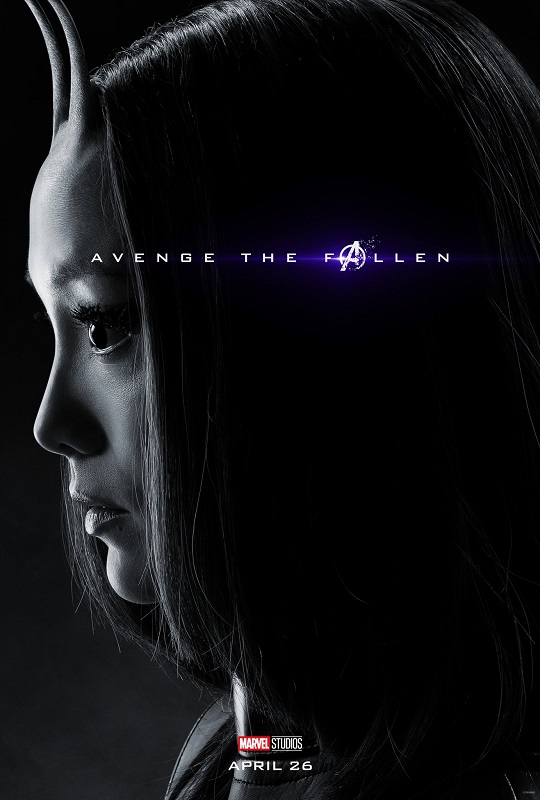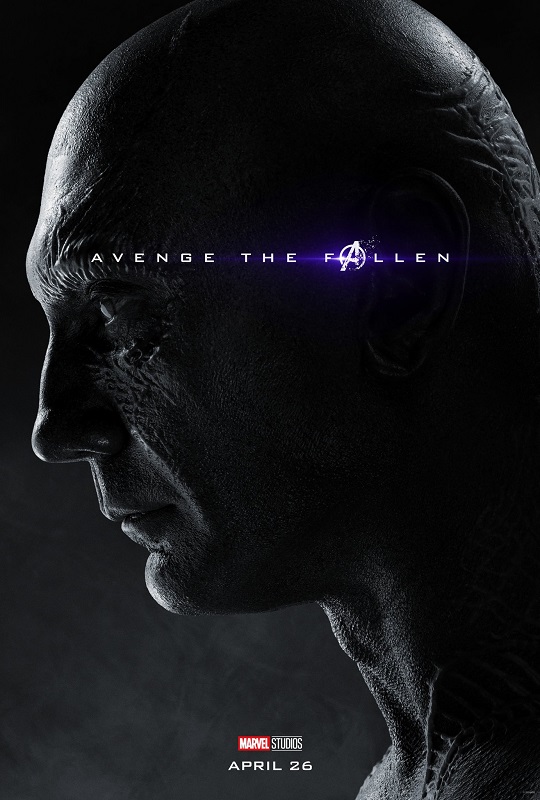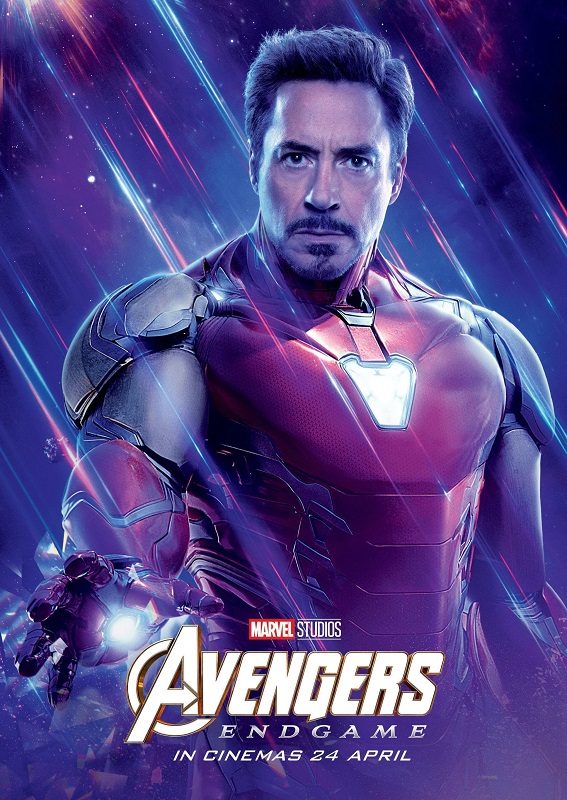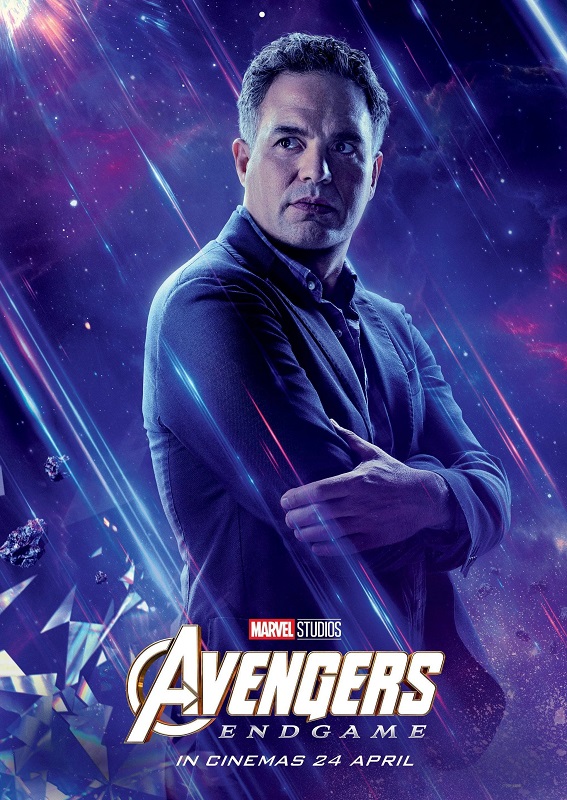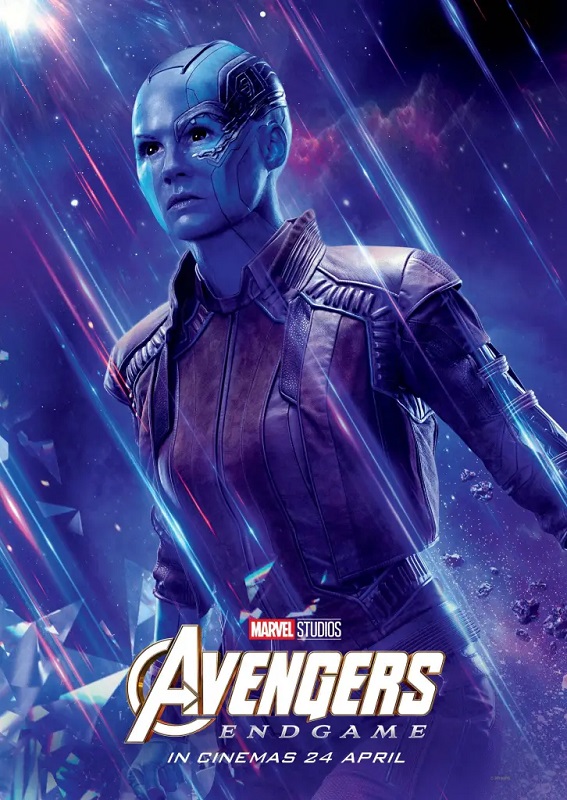Cast Photos
Character Posters
23 – Spider-Man: Far From Home
This was a fun movie, but not one of my favorites in the MCU franchise. And as I think about it, I have to admit that it isn’t about the film itself. It’s that it feels a little superfluous. That doesn’t mean I don’t like the movie. I really do. But the first three phases of the MCU were all gearing up to the climax of Endgame. And Endgame was so good that what else was there to say before moving on to Phase IV? But apparently, Kevin Feige thought there was one more story to tell to close out the Infinity Saga. But to me, it feels too much like an afterthought.
There was a brief scene that dealt with the return of the general populace after The Hulk’s snap, and then we were off to the races with a new story that didn’t seem to have much to do with the Saga at all. I mean, what did it do except tell a cool Spider-man story that was mostly self-contained. Yes, the whole premise of the story takes its cue from the death of Tony Stark, so maybe it is like a coda to the larger tapestry to date. I guess my point is that I think it might have fit better as a great opening to the Multiverse Saga rather than an end to the Infinity Saga.
Anyway, Tom Holland, who is absolutely my favorite Spider-Man, did a fantastic job. The narrative is about Peter Parker just trying to be a normal teenager, going on a trip to Europe with his classmates, and trying to tell MJ how he feels about her. The conflict comes when Nick Fury gives Peter a pair of super-tech-AI sunglasses, left to him by Stark, that give him, and only him, complete control over very powerful weapons and intelligence technology, something a child should really not have. Peter just wants to be a teenager. And I found that I was just as interested in those mundane parts of the narrative as I was in the superhero aspects of the story.
But there were a few things I noticed that supports my assertion that this should have been a Phase IV movie. For example, they talked about the concept of a multiverse. In several scenes, they explored the possibility of Peter Parker becoming the new Iron-Man, before settling on the fact that he should just be himself, and use the powers that already belong to him. Sure, Happy Hogan is still there to provide Parker with Stark technology for new and personalized Spider-suits, but Peter finds that he is stronger when he’s not trying to be something he is not.
Of course, once again, Marvel knows how to give us great actions sequences. They are big and fast-paced, flashy and intense. Yes, maybe they are a little heavy on the CGI, but when it’s this good and hyper realistic, who cares? Everything looked incredible. There is one mind-bending scene that comes to mind where Spider-Man is trapped inside Mysterio’s illusions and the scenes and environments change so rapidly, even the viewer begins to lose track of what is real and what isn’t. And Beck nearly kills Peter, getting him hit by a speeding train. The only two elementals we spend any time with are fire and water, but both the battle scenes were incredible to watch. Holland did such a great job and apparently did many of his own stunts.
Jon Favreau is always great as Happy Hogan, and I liked his relationship with Peter’s Aunt May. But I also really liked the actors who played Peter’s classmates, MJ, Ned, and even Flash Thompson. And I have to give a big shout out to Martin Starr as Roger Harrington. He was funny in just about every scene in which he appeared. I also liked the teenage romance between Ned and Betty Brant. But the best teenage romance was the one between Peter and MJ, played by Zendaya. And lastly, Samuel L. Jackson was still fantastic as Nick Fury, even though a post-credit scene revealed that it was really Talos, the Skrull operative we met in Captain Marvel. So there were plenty of ties to the rest of the MCU, but I don’t know. I still think it would have been a better beginning to the Multiverse Saga, then an ending to the Infinity Saga. But that’s just me, and what do I know? Clearly, Feige knows what he’s doing without my input.
Top 10 Favorite Parts
- Peter finds out something is going on between Happy and Aunt May. And “You do not ghost Nick Fury!”
- The fight with the water elemental. And the arrival of Mysterio
- Nick Fury tranquilizes Ned and Peter’s meeting with S.H.I.E.L.D.
- The appearance of Night Monkey and the fight with the fire elemental.
- The reveal that Mysterio is actually a bad guy and the meeting of the disgruntled ex-Stark employees.
- Peter tells MJ that he is Spider-Man
- Spider-Man has to fight the illusions of Mysterio.
- Happy talks with Peter and helps him build a new Spider-Man suit.
- Beck’s drone strike against London, and Spider-Man’s battle to save the city and his friends. Also, when Spider-Man takes down Quinten Beck.
- The ending where Peter confronts Happy and May about their relationship. Also, Spider-Man gives MJ a wild ride through the city.
